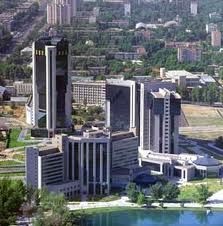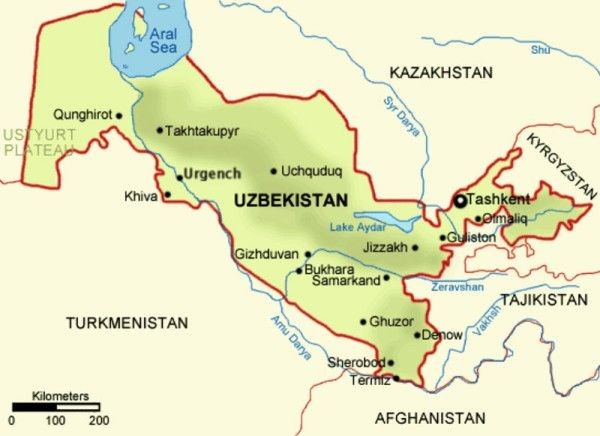The Power of Kindness: Psychologist Kamilla Turakhodjaeva Promotes the Value of Volunteering in Tashkent
In an ever-challenging world, volunteering is becoming a powerful tool to help and support people facing difficulties. In Tashkent, the capital of Uzbekistan, this activity has become increasingly important, uniting people who care about making the world a better place. Kamilla Turakhodjaeva, a psychologist at the first children's hospice in Uzbekistan and head of the volunteer initiative, Power of Kindness, shares her experience of the challenges faced by volunteers, the qualities required for such work, and how the state supports their noble efforts. TCA: How long have you been volunteering in Tashkent, and what prompted you to engage in this activity? Working as a psychologist at the first children's oncology hospice in Tashkent since it opened in August 2022, I have long been attracted to the activities of various hospices elsewhere and realized that volunteers play a key role in the life of such institutions. These people give their time and energy to make the patients' stay more comfortable and enjoyable. They provide a variety of recreational and educational activities, help celebrate holidays, and provide support to both the patients and their families. Thanks to volunteers, a hospice provides not only medical care, but also mental support and a place where patients can safely voice their concerns. However, because many of us are intimidated by words such as hospice and cancer, it is not always clear how best to support and communicate with people facing such difficult situations. The importance of good practice at a time when people are afraid and in need of attention spurred the organization of ‘Training in Hospice and Hospital Care.’ To date, four streams of volunteers who participated in the course have either stayed with the hospice or are offering their help to cancer hospitals and societies for people with disabilities. The course covers important topics including skills in communicating with patients, the organization of workshops and how volunteers can take care of themselves to avoid ‘burning out.’ "The Power of Good" came about by chance, out of a desire to help improve our country’s treatment of those less fortunate than ourselves. All volunteers engaged in this initiative have completed a training course and are ready to offer their support in a way that will harm neither themselves nor others. TCA: What areas or issues in the community have you chosen to volunteer in, and why are they important to you? Our first task was offering help to medical facilities, but over time, we realized that we have the resources to help in other areas as well. We hold various educational workshops at the Millennium Society for people with disabilities. Many of the adult members are unfortunately, unable to secure official employment and earn a decent living. All the Millennium children are very talented and hardworking, and our task is to channel their abilities in the right direction. The girls knit toys, make jewelry and handmade soap, which we sell at Teplomarket fairs. Volunteers have now developed a course especially for them, aimed...





